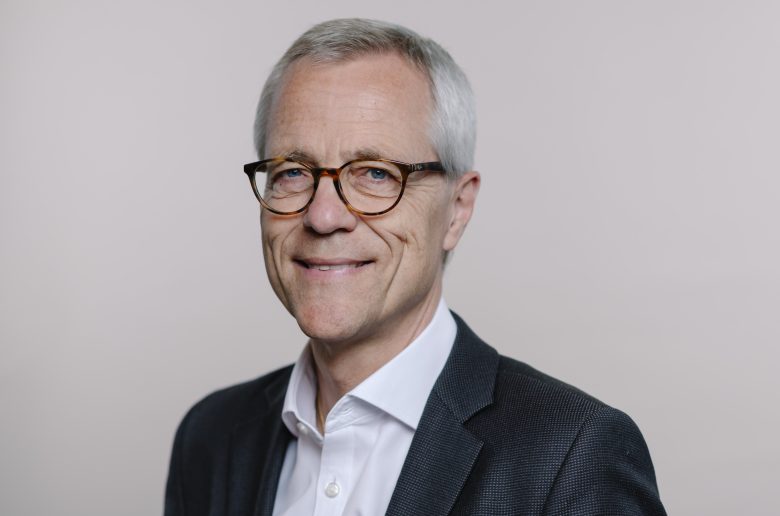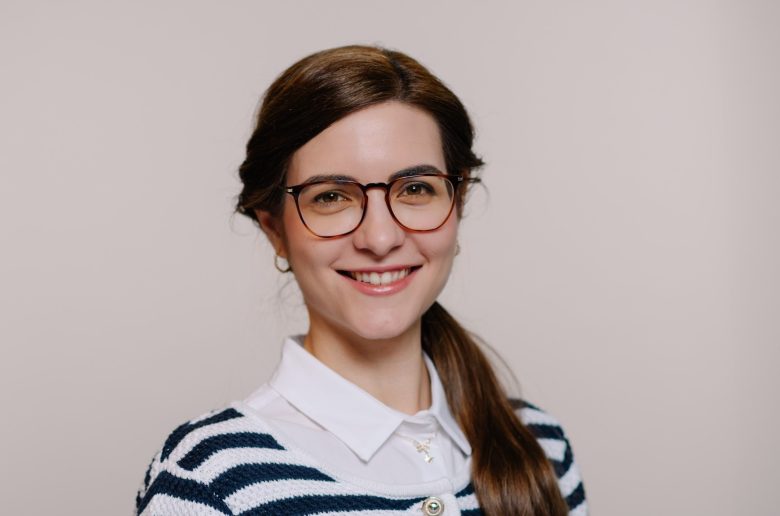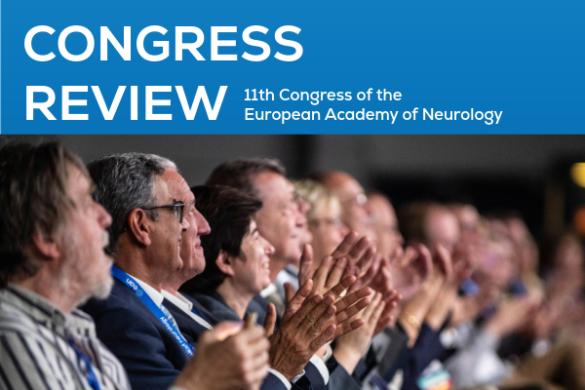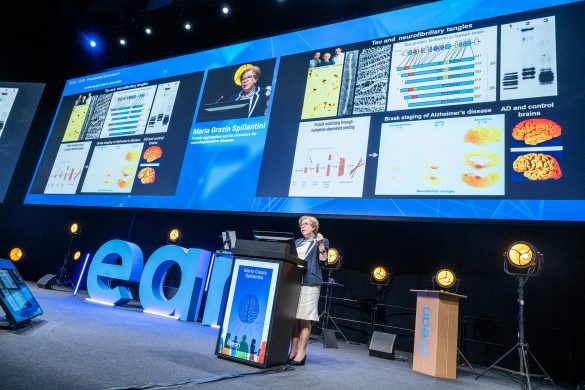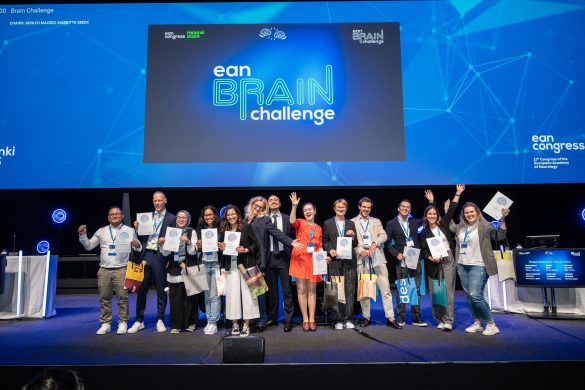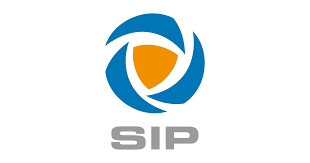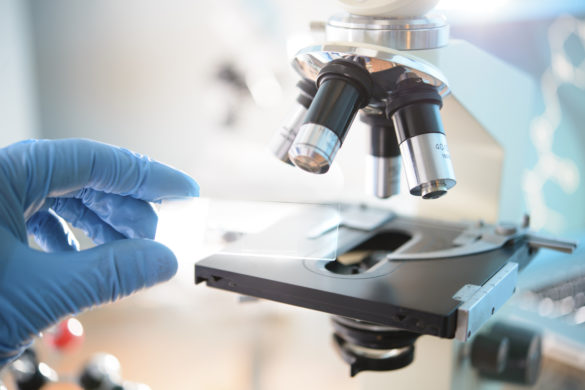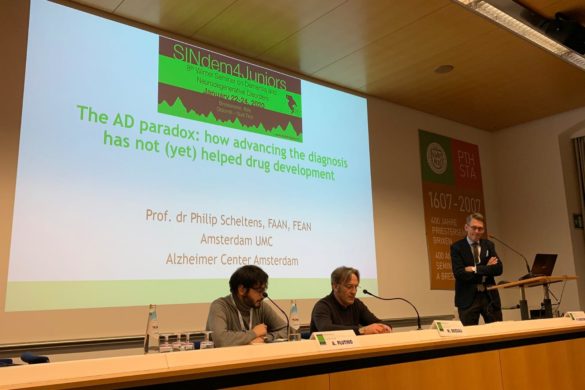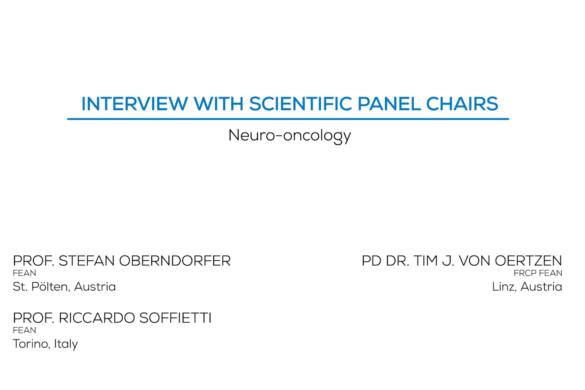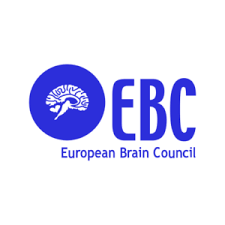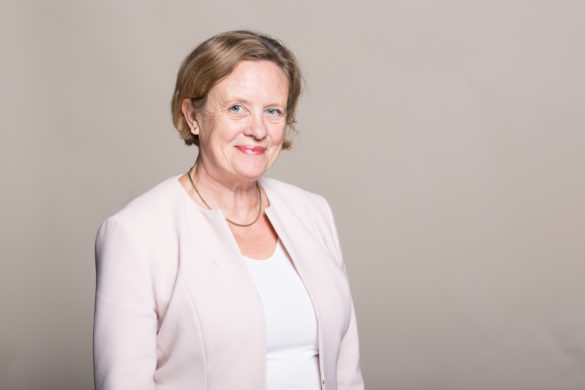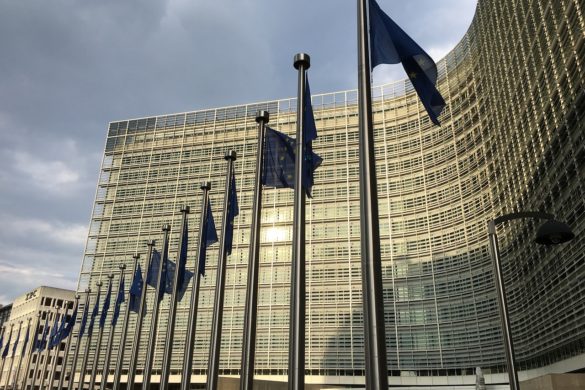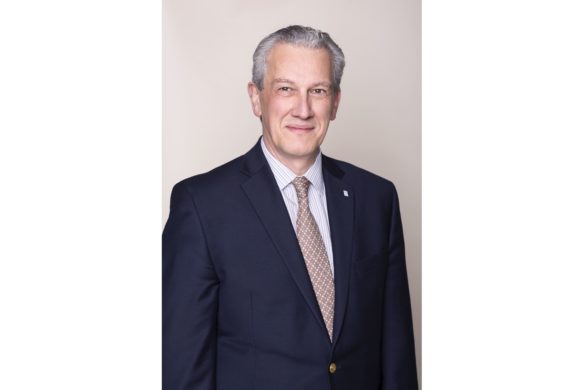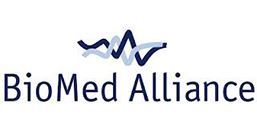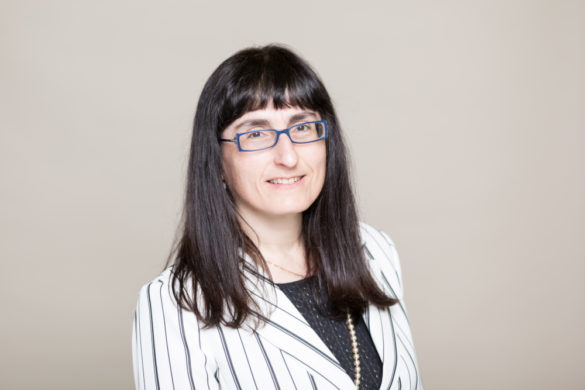“Health data standardisation workshop: looking at the implementation of the 11th International Classification of Diseases (ICD-11) and the International Classification of Functioning, Disability and Health (ICF)”
The Societal Impact of Pain (SIP) has organized a workshop "Health data standardisation workshop: looking at the implementation of ICD-11 and ICF" on November 6th 2019. More than 60 scientific experts, decisions makers and patients' representatives gathered at the Permanent Representation of the Federal Republic of Germany to the European Union in Brussels.
Get a glimpse of the key highlights, insights, and standout moments from EAN 2025 in Helsinki, all captured in our Congress Review eBook.
Latest Posts
-
-
Breaking news in Neuro-Oncology
-
This year the eight edition of the conference entitled "Recent Advances in Clinical and Experimental Research on Dementia and Neurodegenerative Disorders" was held as usually in Bressanone, Italy. The event, which took place from 22 to 24 January, represents an interesting unique in the Italian panorama, starting from the choice to use English as the official language up to the calibre of the speakers.
-
ResearchScientific panels reportsTop Articles
Scientific Panel of the Month: Neuro-oncology Video Interview
February 1, 2020The former co-chairs of the Scientific Panel on Neuro-oncology, Stefan Oberndorfer and Riccardo Soffietti, explain the work and aims of the panel. -
PRIME project kicks off – New mental health project aims to uncover insulin-related mechanisms linking disorders of body and brain
-
External Interview Prof. Muresanu interviews Prof. G. Waldemar, President- Elect of the BioMed Alliance
-
Research and innovation is again high on the European Commission’s agenda in 2020.
-
EAN Congress newsEAN NewsTop Articles
Paris 2020: Which session you should not miss
February 1, 2020As in the previous years, EANpages asked EAN committee members, panel chairs, and invited speakers ‘which session one should not miss at the upcoming congress in Paris 2020. Please find their answers below! -
Alzheimer Europe holds lunch debate examining diagnosis of dementia.
-
The Scientific Committee is fully committed to a great mission: To increase and share the best clinical knowledge and the cutting-edge information from translational research in all neurological fields. Main actions are i) to facilitate exchanges and synergies with the Scientific Panels ii) to support the Guideline Production Group (update and diffusion of expertise and best clinical practice), iii) to interact positively with other scientific societies with reciprocal exchanges and liaise with the European Affairs sub-Committee to increase the awareness of Neurology in Europe.
-
The BioMed Alliance and FEAM joined forces to co-organise a workshop exploring opportunities and challenges for maximising the impact of health research in the coming years.
-
AdvocacyBrain HealthOther News
Brain Health as a Global Priority – Time for the EU to Act Now
February 1, 2020On 18 February 2020, EFNA together with EBC and EAN, will hold the event “Brain Health as a Global Priority – Time for the EU to Act Now” in the European Parliament, Brussels from 11am to 1pm in Room 6Q1, hosted by Jarosław Duda, EPP. -
Executive PageEAN NewsFeatured Slider
EXECUTIVE PAGE: Some reflections from the EAN Treasurer
February 1, 2020It is such a pleasure for me to see how EAN has been continuously growing in terms of members, activities, engagements, promotion, and impact on several important activities inside the European Community. -
Paper of the MonthEAN NewsFeatured Slider
Paper of the Month: Effects of open-label placebo on pain, functional disability, and spine mobility in patients with chronic back pain: a randomized controlled trial
February 1, 2020For February 2020, we have selected: Kleine-Borgmann J, Schmidt K, Hellmann A, Bingel U. Effects of open-label placebo on pain, functional disability, and spine mobility in patients with chronic back pain: a randomized controlled trial. -
Iceland is a country of 360,000 inhabitants, who are mostly of Icelandic ethnic origin together with 11% of people, who are of eastern European ancestry. There are seven universities in Iceland. The University of Iceland has a faculty of medicine, from which around 48 physicians graduate each year. Medical education consists of seven years: three preclinical years, three clinical years and an internship year. Training mostly takes place in the University Hospital in Reykjavik but also in several local hospitals and primary care clinics outside the main hospital. For specialty training in neurology, physicians have to move abroad, and most go to Scandinavia, or to the United States.

